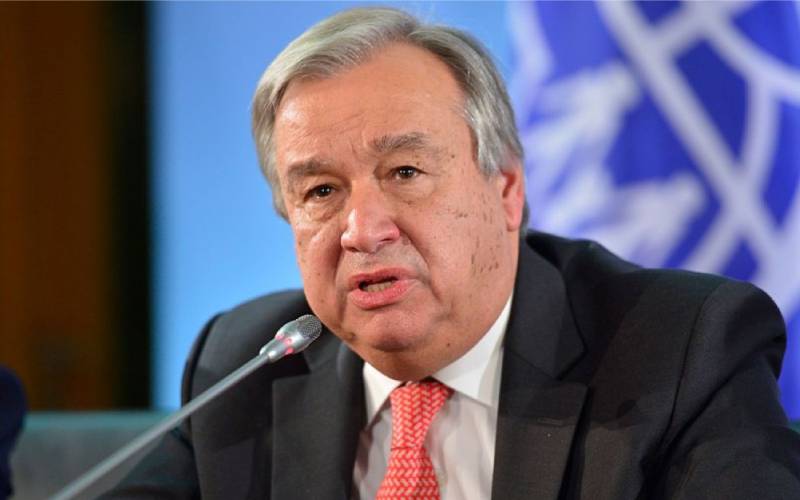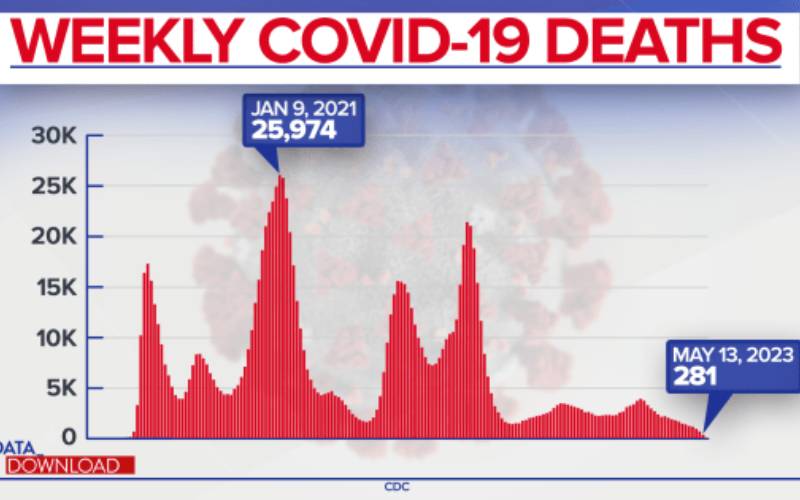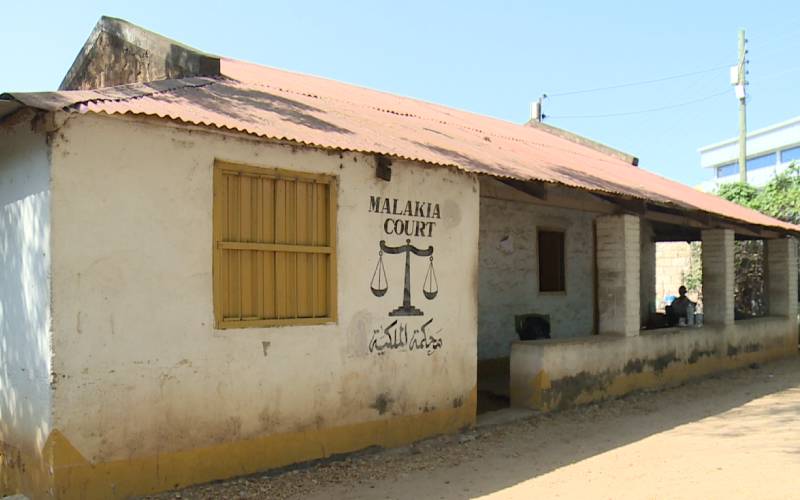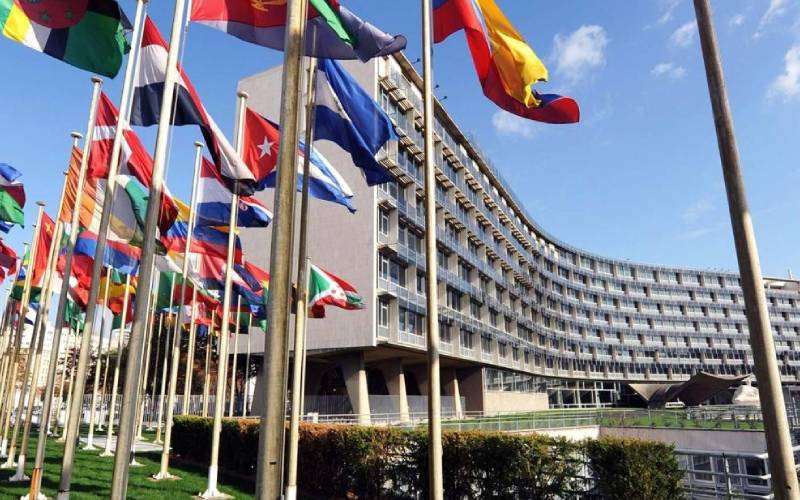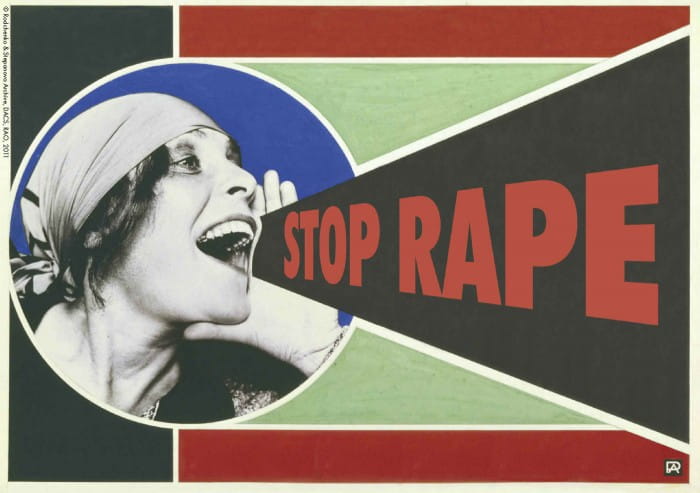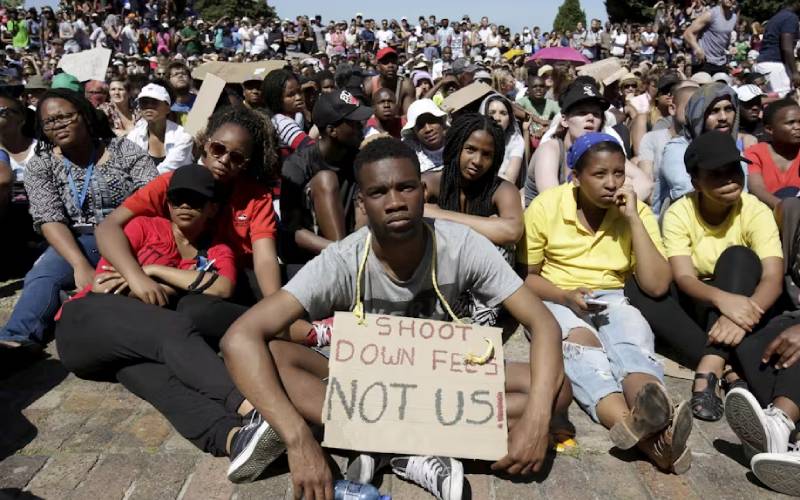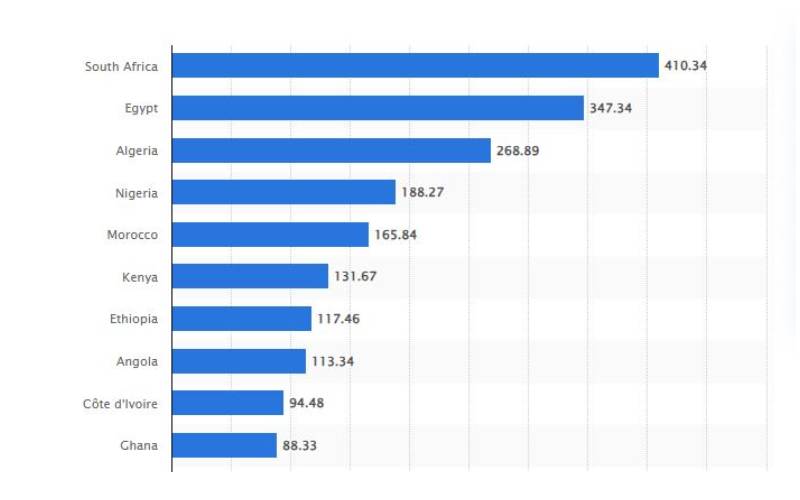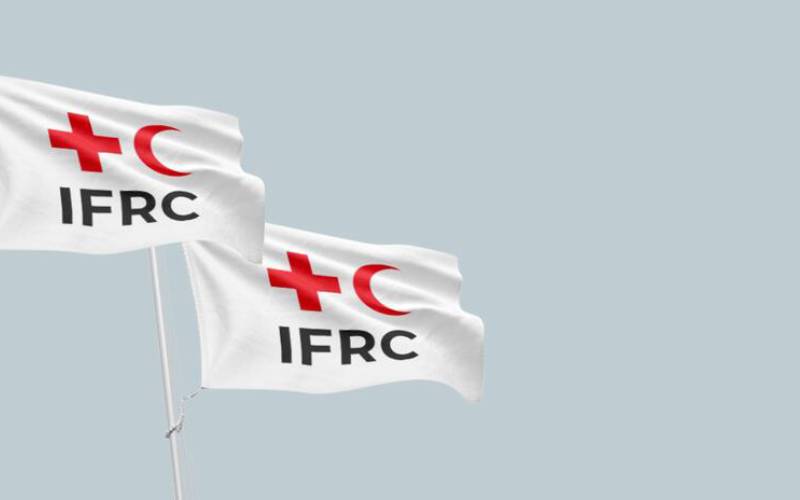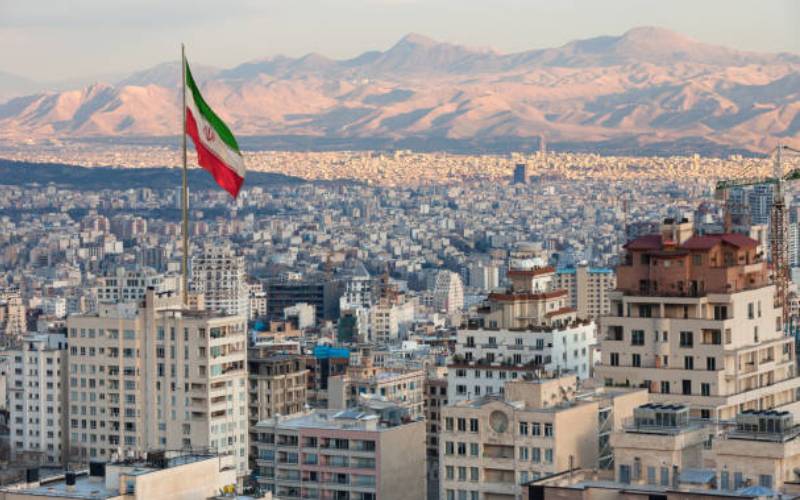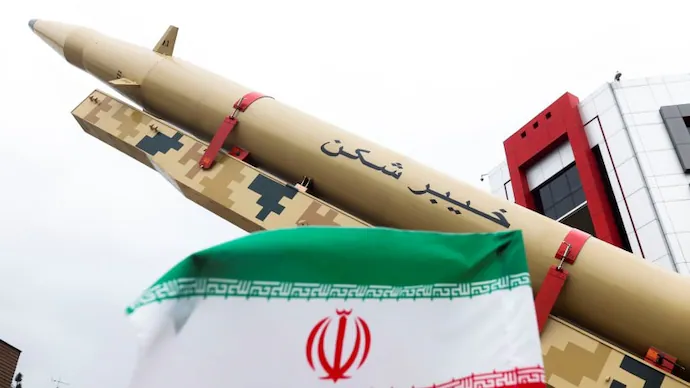The United Nations is calling for a humanitarian ceasefire as the situation in Gaza worsens. The Secretary General of the UN, Antonio Guterres, has cautioned about a looming famine in the region.
Reports indicate that humanitarian access has been completely severed, with claims that some individuals have died from starvation while Israeli hostages in Gaza remain unreleased, a demand that Israel is unwilling to compromise on.
“We need an immediate and permanent humanitarian ceasefire; the immediate and unconditional release of all hostages; and full, unfettered humanitarian access across Gaza,” says the UN Chief.
Guterres describes the humanitarian crisis in Gaza as catastrophic and emphasizes the urgent need for the delivery of essentials like food, medical supplies, water, and fuel.
“Gaza is on the brink of famine. The facts are in and they are undeniable. Palestinians in Gaza are enduring a humanitarian catastrophe of epic proportions. This is not a warning. It is a reality unfolding before our eyes,” he continues.
“The trickle aid must become an ocean. Food, water, medicine, and fuel must flow in waves and without obstruction. This nightmare must end.”
The International Committee of Red Cross (ICRC) has also called for the prompt provision of equipment and personnel to address the dire situation in Gaza.
Felicity Gapes, ICRC's Deputy Health Coordinator in Gaza, notes that women and children are increasingly bearing the brunt of the conflict, with women now taking on the role of providers for their families.
“We received injured women, including two who were declared dead on arrival, all of whom had gunshot injuries. I spoke to a mother who had gone with her-15-year-old daughter to try and access food for their family. Many of these women are now the main providers for their extended families,” says Gapes.
She emphasizes that there is no safe place in Gaza, as dangers for both civilians and medical professionals are escalating.
“This young girl saw her mother being shot and bleeding on the ground. They told me they thought it would be safe, but now they know “nowhere in Gaza is safe,” she adds.
As reported by The Times of Israel, over 50 hostages are still being held in the Gaza Strip, as Hamas continues to employ threats of force to secure the release of the remaining Israeli captives.
The report claims that Israeli forces rescued eight hostages and recovered the bodies of 49 deceased captives.
The Global Conflict Tracker states that the conflict between Israel and Palestine has roots dating back to 1947, when the United Nations adopted Resolution 181, known as the Partition Plan, which aimed to divide the British Mandate of Palestine into separate Arab and Jewish states.
Israel was established as an independent state on March 14, 1948, which led to the Arab-Israeli war. Israel emerged victorious when the conflict concluded in 1949, resulting in the displacement of 750,000 Palestinians and the division of the territory into Israel, the West Bank (of the Jordan River), and the Gaza Strip.
On October 7, 2023, Hamas, a militant organization in Palestine, initiated a severe attack on Israel, prompting the Israel Defense Forces to commence aerial and ground operations in the Gaza Strip.
A ceasefire was declared in January 2025 between Israel and Hamas, but Israel resumed its military actions in March 2025. Israel has allegedly obstructed humanitarian assistance from entering Gaza as a precondition for releasing hostages, leading to a worsening humanitarian crisis that raises fears of famine.
